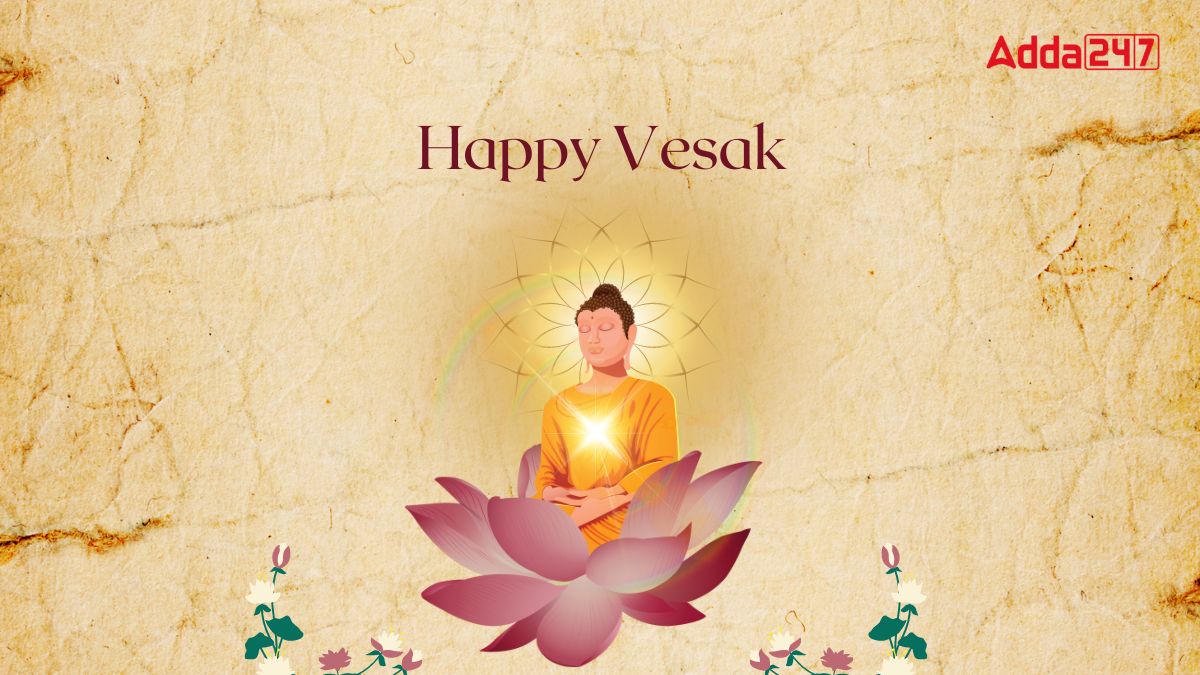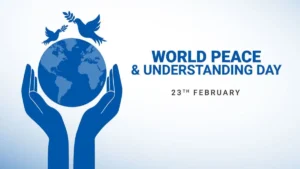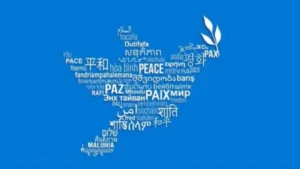Vesak, also known as Buddha Purnima or Buddha Day, is the most sacred day for millions of Buddhists around the world. It is a day that commemorates three significant events in the life of Gautama Buddha: his birth, his enlightenment, and his passing away (Parinirvana).
The Day of Vesak: A Momentous Occasion
In the year 623 B.C., on the Day of Vesak, the Buddha was born. It was on this same auspicious day that he attained enlightenment after years of spiritual seeking, and it was also on the Day of Vesak that the Buddha, at the age of 80, passed away.
The United Nations and Vesak
Recognizing the immense contribution of Buddhism to the spiritual well-being of humanity for over two and a half millennia, the United Nations General Assembly, through its resolution 54/115 in 1999, internationally recognized the Day of Vesak. This day is commemorated annually at the UN Headquarters and other UN offices, in consultation with relevant UN offices and permanent missions.
The Buddha’s Teachings: A Message of Compassion and Peace
The teachings of the Buddha and his message of compassion, peace, and goodwill have inspired millions of people worldwide. On the Day of Vesak, Buddhists around the globe commemorate these profound teachings and the life of the enlightened one.
A Vision of Humanity Beyond Differences
In a world grappling with complexities and conflicts, the Buddha’s philosophy of transcending national and international differences is essential. As Javier Perez de Cuellar noted, “Peace, understanding and a vision of humanity that supersedes national and other international differences are essential if we are to cope with the complexities of the nuclear age.”
This philosophy lies at the heart of the United Nations Charter and should guide our thoughts and actions, especially during times of global significance.
On the Day of Vesak, let us celebrate the timeless wisdom of the Buddha and his teachings of compassion, peace, and unity, which have the power to uplift humanity and foster a more harmonious world.




 Central Excise Day 2026: Why 24 February...
Central Excise Day 2026: Why 24 February...
 World Peace and Understanding Day 2026: ...
World Peace and Understanding Day 2026: ...
 International Mother Language Day 2026: ...
International Mother Language Day 2026: ...








